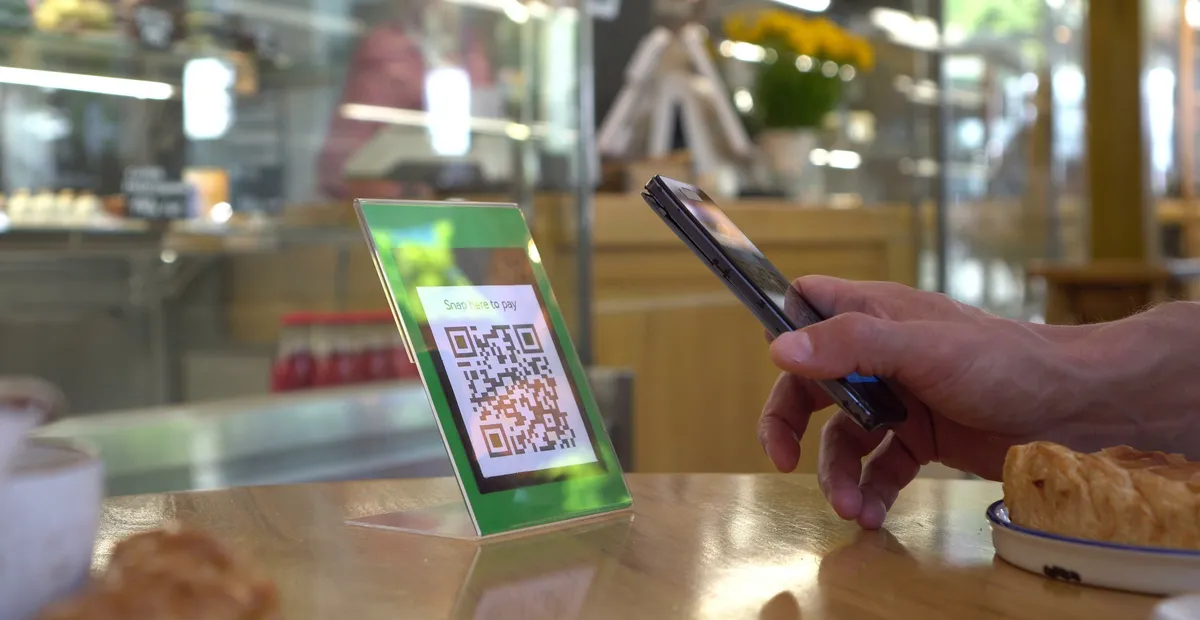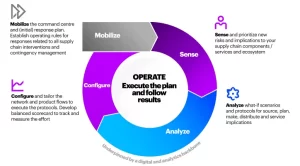The COVID-19 pandemic has reshaped the hospitality industry, prompting a fundamental shift towards contactless solutions across various aspects of operations. Among these changes, contactless supply chain solutions have emerged as a game-changer. By leveraging technology and innovative practices, hotels, restaurants, and other hospitality establishments are streamlining their supply chain processes, reducing physical interactions, and enhancing safety for both staff and guests. This article delves into the significance of contactless supply chain solutions in the hospitality industry and how they are revolutionizing the way businesses operate.
- Understanding Contactless Supply Chain Solutions
Contactless supply chain solutions refer to the use of technology and automated processes to manage the flow of goods and services without the need for direct physical contact. These solutions encompass various stages of the supply chain, including procurement, inventory management, order processing, and delivery.
- Accelerating the Adoption of Contactless Solutions
The pandemic accelerated the adoption of contactless solutions in the hospitality industry. As guest expectations shifted towards safety and minimal physical contact, businesses embraced technology to ensure a seamless supply chain experience.
- Contactless Delivery and Inventory Management
a. Touchless Delivery: Contactless delivery options allow goods to be delivered directly to designated locations without any direct interactions between delivery personnel and recipients. Customers can receive packages without signing for them or using touch-based devices.
b. Digital Tracking: Advanced tracking systems provide real-time updates on the status of deliveries, allowing businesses to monitor their supply chain more efficiently.
c. Automated Inventory Management: Contactless inventory management systems use technology such as RFID tags and barcodes to track inventory levels and automatically trigger reordering when stocks run low.
- Digital Procurement and E-Procurement Platforms
a. E-Procurement: Adopting e-procurement platforms enables hospitality establishments to streamline the procurement process. Suppliers can submit proposals electronically, and orders can be placed and tracked digitally.
b. Online Supplier Portals: Supplier portals allow businesses to interact with their suppliers electronically, managing communication, transactions, and documentation without the need for physical meetings.
- QR Codes and Digital Menus
a. Digital Menus: Restaurants and foodservice establishments are increasingly replacing physical menus with digital menus accessible through QR codes. Guests can scan the QR code using their smartphones to view the menu and place orders.
b. QR Code Payments: QR codes facilitate contactless payments, allowing guests to settle their bills using mobile payment apps or scanning QR codes at the point of sale.
- Contactless Payments and Invoicing
a. Mobile Payment Solutions: By offering mobile payment options, hospitality businesses reduce the need for cash transactions and minimize physical contact at payment counters.
b. E-Invoicing: Digital invoicing solutions allow businesses to send invoices electronically to suppliers and clients, simplifying the payment process and reducing paper usage.
- Smart Locks and Keyless Entry
a. Keyless Entry Systems: Hotels are adopting smart locks and keyless entry systems, allowing guests to access their rooms using their smartphones, reducing the need for physical keys and check-in queues.
- Virtual Meetings and Collaborative Platforms
a. Virtual Meetings: Collaborative platforms enable remote meetings and communication with suppliers, reducing the need for in-person visits and travel.
b. Supplier Collaboration: Collaborative platforms foster real-time communication with suppliers, enabling efficient coordination and faster response times.
- Digital Documentation and Compliance
a. Digital Record-Keeping: Contactless supply chain solutions promote the digitization of documentation, reducing the need for physical paperwork and improving data accessibility.
b. Compliance Management: Digital platforms facilitate compliance management, ensuring that suppliers adhere to regulatory requirements and sustainability standards.
- Enhanced Data Security and Privacy
a. Secure Transactions: Contactless supply chain solutions prioritize data security, safeguarding sensitive information exchanged during digital transactions.
b. Guest Privacy: Guest data collected through contactless solutions is handled with strict adherence to privacy regulations, building trust with customers.
Conclusion
Contactless supply chain solutions have become a fundamental aspect of the hospitality industry’s response to the COVID-19 pandemic and evolving guest expectations. By embracing technology, automation, and digital practices, hospitality establishments are streamlining their supply chain operations, enhancing safety, and improving the overall guest experience. As the industry continues to navigate the challenges posed by the pandemic and beyond, contactless supply chain solutions will remain an essential enabler of efficiency, safety, and seamless operations in the ever-changing landscape of hospitality.






